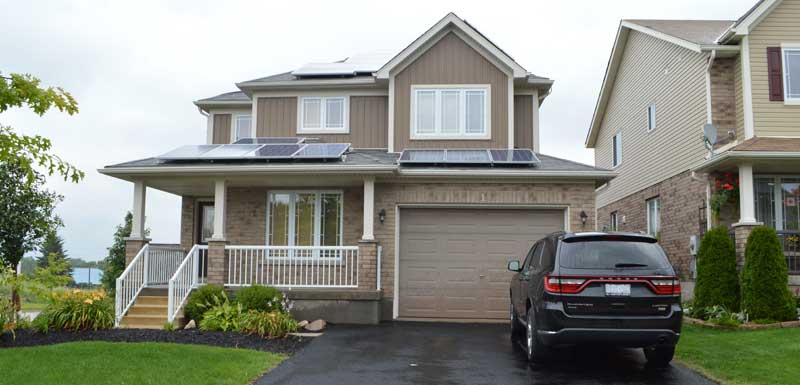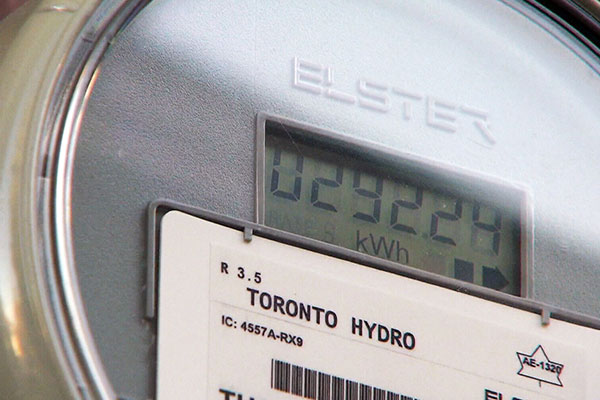Ontario’s independent energy regulator, the Ontario Energy Board (OEB), has confirmed in response to a request for clarification by the Canadian Renewable Energy Association (CanREA), that third-party ownership of net-metered solar generation is in fact allowed. For several years now, confusion has existed surrounding O. Reg. 541/05: NET METERING, as it failed to indicate or establish any guidelines for third-party ownership business models.
“This marks a significant step forward in enabling more Ontario households and businesses to go solar,” said CanREA’s Director of Distributed Energy Resources — Nicholas Gall — in a statement to pvbuzz. “This is positive for our industry, but more importantly it will benefit Ontario consumers, by helping to reduce costs and carbon emissions across the energy system.”
How (exactly) will third-party ownership or financing of net-metering systems work in Ontario — and (more importantly) how will it “reduce cost”?
In their clarifying response, the OEB states that “an electricity distribution customer can qualify as an ‘eligible generator’ for net metering purposes where the customer operates but does not own a renewable energy generation facility”.

Solar panels installed by Brightworks Energy on a residential home in Ontario. (Brightworks Energy)
This establishes that homeowners have the right to enter into either a solar lease or a power purchase agreement (PPA), and should serve as a nice boost to the solar industry by making clean energy accessible for middle and low-income individuals. Below, we’ll provide an overview of what net metering looks like and how it will impact prospective solar customers moving forward.
Third-party solar ownership is a market-friendly system designed to broaden solar power’s accessibility by eliminating the need for individuals to self-finance the equipment. The policy is quite impactful and has a relatively simple premise: A solar company installs panels on a residential or commercial property, incurring all of the installation fees.
The company then owns and operates the equipment, essentially using the property as a host lot.
The host lot uses the solar panels’ produced electricity, and in exchange, the solar company charges a rate for it — usually well under the local utility company’s prices. This ensures that both parties benefit.
The consumer has their electricity bills reduced, and the solar company gets paid.
If charges are based on a specified time period, the agreement is a solar lease. If the charges are determined by the amount of electricity generated (a fixed, per kWh rate for a set amount of time), it’s a power purchase agreement (PPA).
PPAs tend to offer more significant cost savings.
The strength of third-party ownership is that it enables greater flexibility and cost savings when it comes to electricity, especially for the less affluent. The monopolistic nature of utility companies tends to produce high costs for consumers, even as governments continue to set price restrictions.
Providing homeowners additional options to power their homes, however, creates an opportunity to find cost savings.
Another core benefit of third-party ownership of solar panels is that the consumer is protected from any liability or unforeseen maintenance costs. This means that once installed, the solar panels can be forgotten about entirely.
The approval of third-party ownership represents an opportunity to further develop Ontario’s solar market — and to catch up to other jurisdictions that were faster to approve the policy, such as Alberta, Nova Scotia, and countless places throughout the U.S.
After years of demanding, the solar industry can finally celebrate another policy achievement — one that is guaranteed to benefit the renewable energy revolution in the coming years.
—
Written By: Brett Porter
Edited, and Published by: Derick Lila













Comments